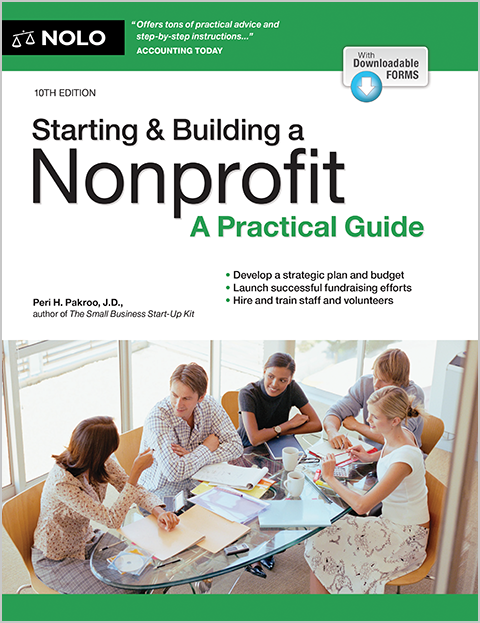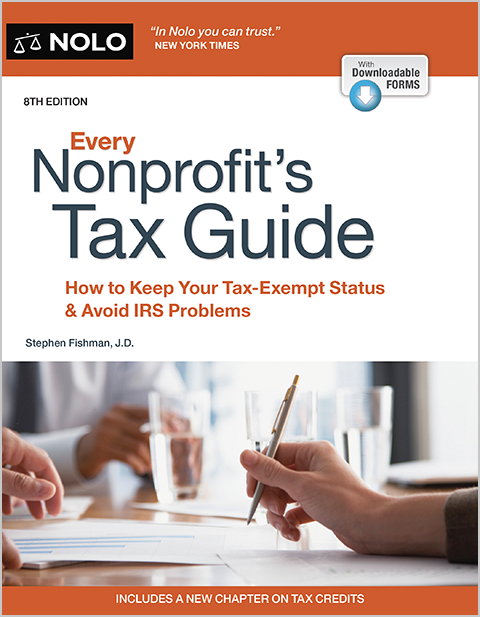Under American tax law, churches are exempt from having to pay federal, state, and local taxes.
Are churches exempt from having to pay taxes? The short answer is "yes."
For purposes of U.S. tax law, churches are considered to be public charities, also known as Section 501(c)(3) organizations. As such, they are generally exempt from federal, state, and local income and property taxes. "Exempt" means they don't have to pay these taxes, even though they may earn substantial amounts of money.
What Is a Church?
Not just anybody can call themselves a church and enjoy a tax exemption. An organization must be an authentic church to qualify. For tax purposes, a church is a place of worship including Christian churches, temples, mosques, synagogues, and other worship places. Churches also include conventions and associations of churches—for example, the United Methodist Church or the Southern Baptist Convention. "Integrated auxiliaries" of churches—seminaries, for example-- also qualify.
Usually, it's pretty obvious whether an organization qualifies as a church. However, where questions arise, the IRS looks at the following factors to determine whether an organization is a church for tax purposes. These include whether it has:
- a distinct legal existence
- a recognized creed and form of worship
- a definite and distinct ecclesiastical government
- a formal code of doctrine and discipline
- a distinct religious history
- a membership not associated with any other church or denomination
- ordained ministers ministering to its congregations
- ordained ministers selected after completing prescribed studies
- a literature of its own
- established places of worship
- regular congregations
- regular religious services
- Sunday schools for religious instruction of the young, and
- schools for the preparation of its ministers.
No single factor determines the answer, and not all factors must be present. This is something the IRS decides on a case-by-case basis.
Limited IRS Oversight of Churches
Because of the First Amendment to the Constitution guaranteeing freedom of religion, the IRS has long adopted a largely hands-off approach to regulating churches.
For example, as long as an organization qualifies as a church, it need not apply to the IRS to receive its tax exemption—the exemption is automatic. Moreover, churches need not file the dreaded IRS Form 990 or 990-EZ--the annual information forms that other charities must file each year.
However, many churches apply to the IRS anyway. The advantages of doing so are that:
- the organization will get official recognition of its tax-exempt status which assures donors that their contributions are tax-deductible
- it will be listed in IRS records as a qualified charitable organization, and
- it can obtain a determination letter from the IRS stating that contributions to it are tax-deductible.
Churches that Make Money
Churches may be all about the next world, but they need money to operate in this world. Churches (and other nonprofits) never have to pay tax on their unearned income—namely, donations, gifts, grants, and investment income. However, a church that regularly engages in a business activity that is unrelated to its religious mission may have to pay a special tax on the profits it earns. This is called the unrelated business income tax (UBIT for short). One case where a church was subject to UBIT was where it regularly hired out its members to plant seedlings on forest land owned by private landowners and pocketed the money earned.
However, income churches earn from the following are not subject to UBIT:
- bingo games
- thrift shops
- volunteer work
- donor lists
- low-cost giveaways, and
- advertising.
If a church earns $1,000 or more in gross receipts from an unrelated trade or business during the year, it must file IRS Form 990-T, Exempt Organization Business Income Tax Return.
Why Are Churches Tax-Exempt?
Why don't churches pay taxes? Because, under American tax law, charities typically do not pay taxes, and charitable activity includes the advancement of religion. In addition, the First Amendment to the Constitution mandates the separation of church and state. To this end, the government avoids getting involved with religion by allowing churches to operate without imposing taxes or tax-exempt filing requirements.



